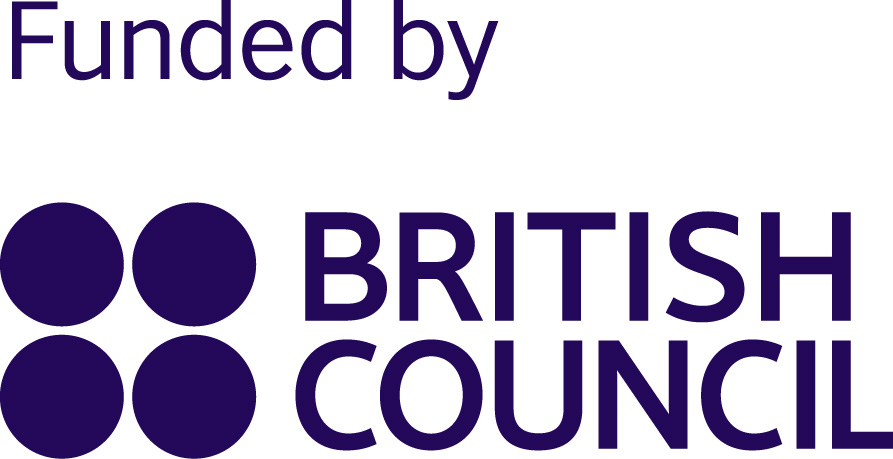- When did you first decide to study and pursue a career in STEM?
I was initially interested in STEM since elementary school. At that time, there was a river behind my house. The water was clean, but at certain times there were fish that floated. Because I was still a kid, I thought it was a blessing that the fish could float so that people could easily catch them, but when I grew up, I realized that there was a factory around my house releasing or draining its waste water so that the fish became drunk and floated. At that time, I started to care about the river, which was getting shallower and dirtier. I liked the subjects of biology, physics and chemistry and wanted to continue in those fields. So that was the first thing that made me want to continue in the STEM field.
- What prompted you to study and pursue a career in STEM?
Observing the condition of the water in my neighborhood, which was getting shallower and dirtier by the day, encouraged me to pursue a career in STEM.
Another encouragement was the motivation from my mentor who gave me a lot of guidance on how STEM can be a career in the future and also shared about how a lecturer should be a researcher, right? And I like research that can then be shared with students and from that research can reach the community through community service. - How is the support system for women in pursuing and having a career in STEM in Indonesia?
In Indonesia, if I observe, it has developed a lot compared to the past, starting from the education system, curriculum, then how the government also began to provide laboratory facilities, for example, at BRIN or large state universities that are supported with laboratory facilities by large enough government funds so that they can collaborate between universities.
One way the government can support women in STEM careers is by equalizing the education system throughout Indonesia. With the vast territory of the country, the government has its own challenges to equalize the education system, because through education it can provide encouragement for women to pursue a career in STEM.
I had a discussion about how people, for example in certain areas that are more superficial, have the image that “girls don’t need to be in the STEM field, girls will become wives. So there is no need for STEM fields, they should only go to school in this field or elementary school is enough.” Well, we have to change that paradigm or that culture for girls. That is the biggest challenge for our government to advance to make the level the same in Indonesia from west to east, from sabang to merauke. - What are your key success factors in your career in STEM?
The success factors that have brought me to where I am today are, first of all, not giving up. Because every level of life must have its own challenges. If I look back, I see that there must be many challenges that I have faced, but what gives us strength is our faith which then makes us not despair, when we face challenges we can reflect, we can reflect and find a way out, and I also share with my students that as long as we don’t put the word hopeless into our life dictionary, then hope is always there for us to continue to develop. - What tips can you give to women pursuing and working in STEM fields?
Never give up! So whatever challenges we face, there must be a way out, so we just need to find a mentor or mentor to discuss. We will have many ways to get out of it. So as long as we never give up, there must be hope in front of us, if we are tired, don’t give up, just rest for a while and then we will continue. So that’s what I told myself until now.
“As long as we don’t put the word hopeless into our life dictionary, then hope is always there for us to continue to grow”





